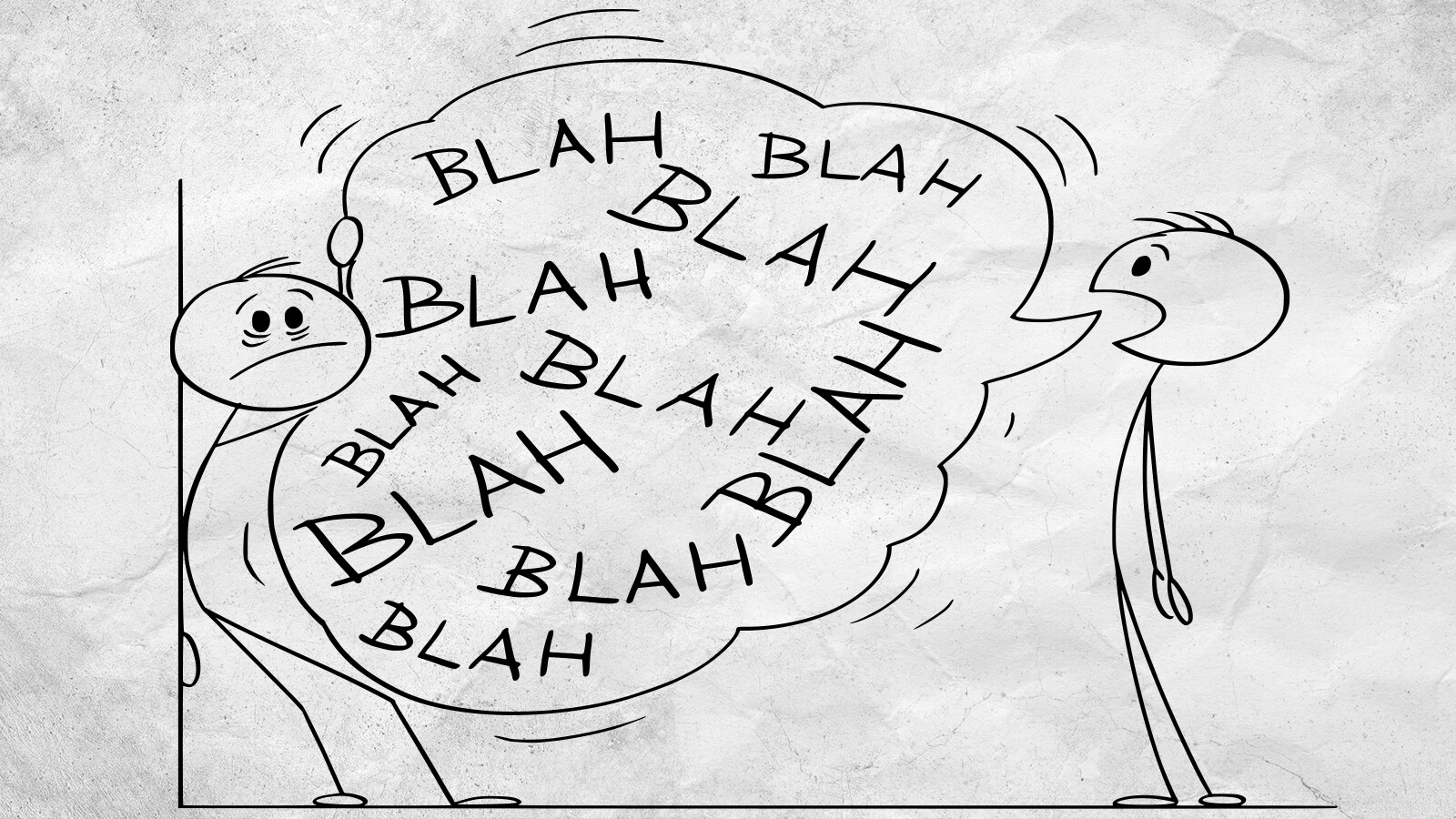
10 January 2024
https://youtu.be/pDTBAiuxGcM?si=llKXF-s-ei6ySc8HDoes Mercouris talk to much? Are his Youtube videos too long? Why do some people talk so much?"The first thing to say is", well, he is a lawyer!!!A lawyer has two complexities to deal with.One is his client's case. Cases don't get to court unless they are complicated and ambiguous.And he has the law to manage which is also complexed and nuanced.And his goal must be to fully...












